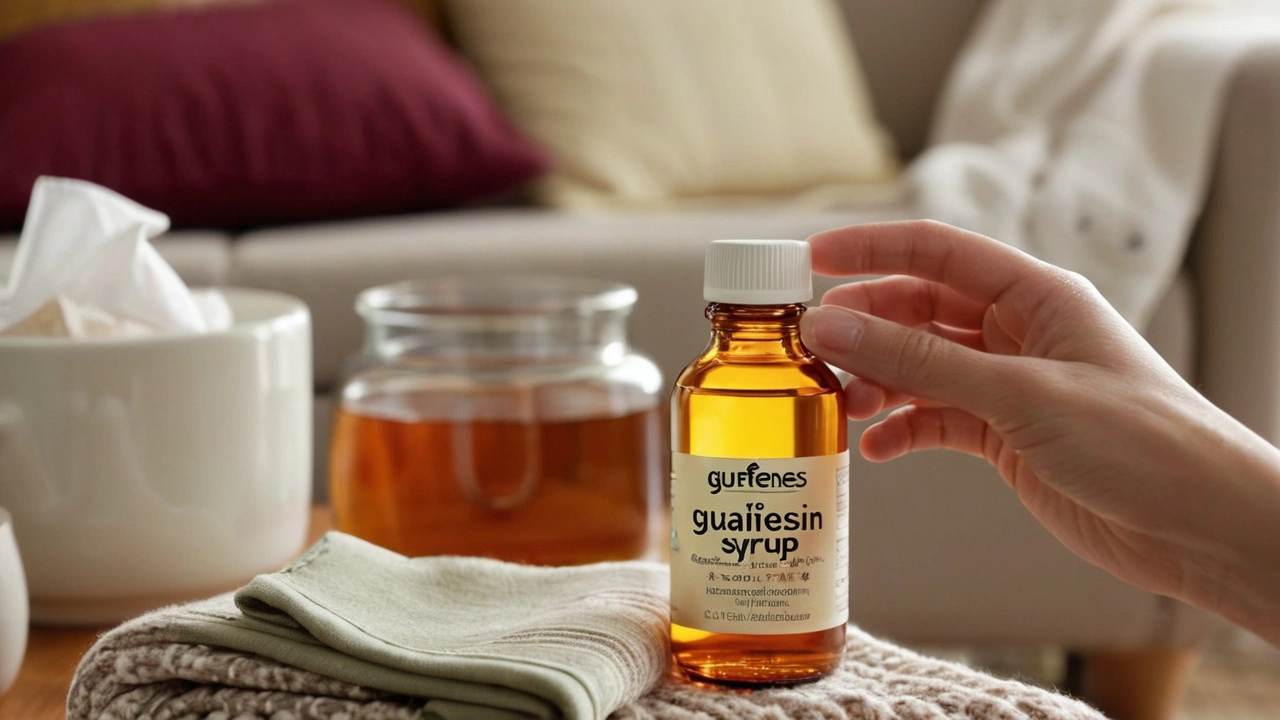Mucus Relief: Quick Ways to Clear Congestion
If you’re battling a runny nose, stubborn chest phlegm, or sinus pressure, you need solutions that work right now. The good news is that most mucus problems can be tackled with simple habits, affordable medicines, and a few smart supplements. Below you’ll find easy steps you can start today to make the mucus thin, move it out, and feel better faster.
Everyday Habits to Thin Mucus
Staying hydrated is the single most effective habit. Water, herbal teas, and clear broths keep the mucus membrane moist, which prevents thick, sticky secretions. Aim for at least eight glasses a day, and add a pinch of salt to warm water for a gentle nasal rinse.
Steam does wonders for loosening mucus. A hot shower, a bowl of steaming water, or a quick inhale over a pot of boiling water (cover your head with a towel) opens up the airways and makes it easier to cough up the stuff.
Watch your diet. Dairy can sometimes make mucus feel thicker for some people, so cutting back if you notice a link can help. Spicy foods with chili or ginger stimulate secretions that are thinner and move more quickly. A tablespoon of honey mixed with lemon in warm water is soothing and can thin the mucus in your throat.
Medicines and Supplements That Help
Over‑the‑counter expectorants like guaifenesin (found in Mucinex) work by drawing water into the airway secretions, making them less sticky. Take the recommended dose and follow with plenty of fluids for the best effect.
Decongestant nasal sprays (oxymetazoline) or oral pills (pseudoephedrine) shrink the blood vessels in the nasal lining, reducing swelling and mucus production. Use them no longer than three days to avoid rebound congestion.
Natural supplements can be a game‑changer. N‑acetylcysteine (NAC) is a proven mucolytic that breaks down the protein structure of mucus, especially useful for people with chronic bronchitis. A daily dose of 600 mg is common, but talk to a pharmacist before starting.
Another option is bromelain, an enzyme from pineapple that reduces inflammation and thins mucus. It works well when paired with a vitamin C boost. Again, a typical dose is 500 mg before meals.
If allergies are the root cause, an antihistamine like loratadine can keep the nasal lining from overproducing mucus in the first place. Non‑drowsy formulas let you stay sharp during the day.
Finally, keep the air you breathe clean. A humidifier set to 40‑50 % humidity prevents the airway from drying out, while an air purifier reduces irritants that trigger excess mucus.
When these steps don’t bring relief within a week, or if you notice blood, fever, or severe pain, it’s time to see a doctor. Persistent mucus can be a sign of infection, sinusitis, or other conditions that need professional treatment.
By combining hydration, steam, smart diet tweaks, and the right over‑the‑counter or supplement choices, you can clear mucus fast and get back to feeling normal. Try a couple of these tips today and see which works best for you.
Understanding Guaifenesin: Key Benefits During Cold and Flu Season
This article explores the role of guaifenesin in treating symptoms of the cold and flu. It covers how guaifenesin works, its benefits, common side effects, and tips for use. The aim is to provide useful and practical information for anyone seeking relief from cold and flu symptoms.





